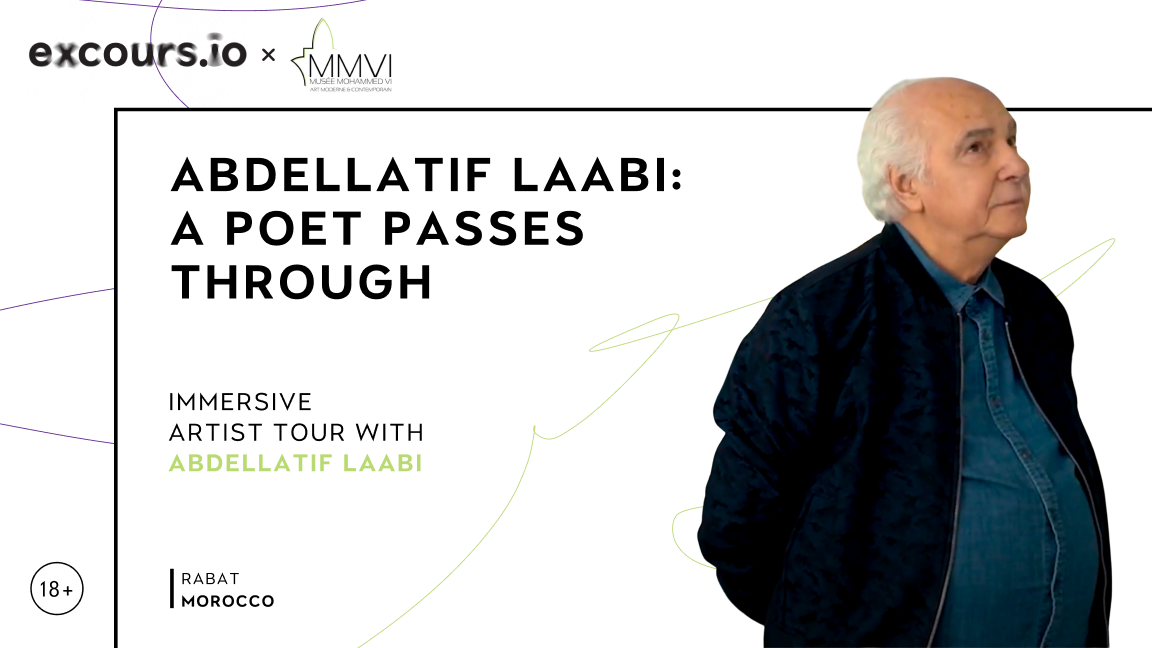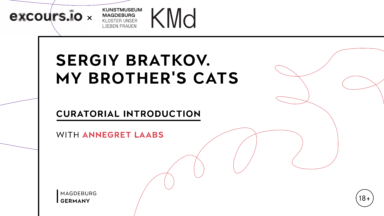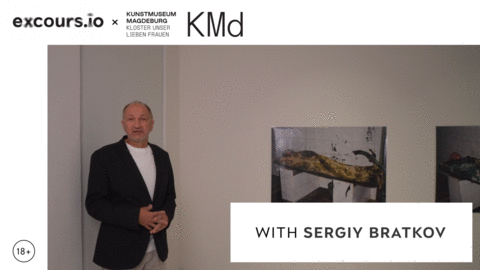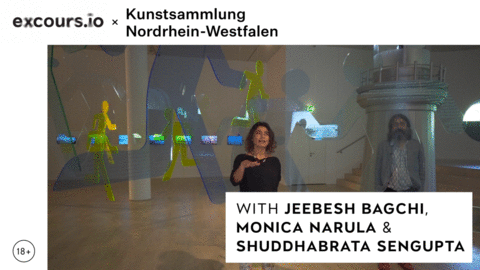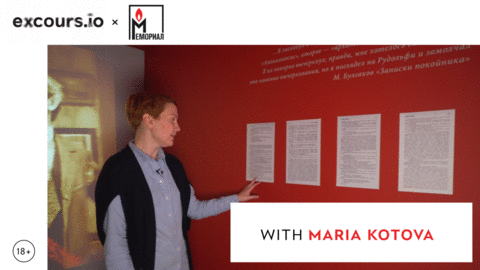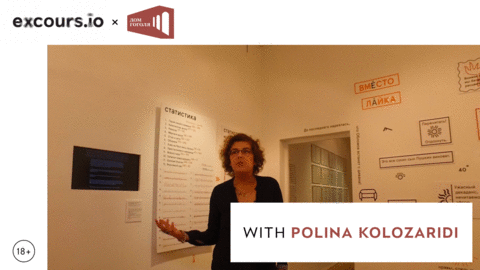Abdellatif Laâbi: A Poet Passes Through
A Poet Passes Through celebrates the expansive world of Abdellatif Laâbi, the Moroccan writer, poet, and painter, at the Mohammed VI Museum in Rabat. This exhibition explores Laâbi’s rich and engaged body of work, presenting him as a voice for a generation seeking meaning through art. It unveils the creative spirit of an era, featuring literary works, archival documents, paintings, and videos that trace his journey and reveal his less-known facet as a painter. A significant focus is the groundbreaking Souffles review, co-founded by Laâbi, which profoundly transformed Moroccan culture and liberated minds. Visitors will discover how one artist’s vision and intellectual struggle historically shaped artistic expression and continue to resonate today, offering a unique insight into a life dedicated to creative impact.
Why should you watch this?
A Poet Passes Through speaks directly to questions of voice, memory, and cultural freedom. Abdellatif Laâbi’s journey — from the radical energy of Souffles to the intimacy of his paintings — shows how words and images can both confront oppression and nurture renewal. The exhibition reveals the texture of a life lived in dialogue with history, where poetry became protest and later painting carried a quieter, but no less powerful, resonance. To watch it is to sense how one artist’s struggle for expression connects with ongoing searches for dignity and meaning, making Laâbi’s work as urgent as it is timeless.
Sergiy Bratkov. My Brother’s Cats | Curatorial Introduction with Annegret Laabs
Why should you watch this?
Sergiy Bratkov. My Brother’s Cats | Immersive Artist Tour
Why should you watch this?
Raqs Media Collective. Everything Else is Ordinary
Why should you watch this?
The Raqs Media Collective’s exploration of time as a force shaping human experience offers a profound critique of how society functions under capitalism. Their works challenge traditional notions of time, revealing its role in regulating life and framing historical narratives. By dismantling these fixed interpretations, they invite audiences to rethink the ways time is measured, experienced, and manipulated. In doing so, their practice merges art, history, and philosophy, making their work a compelling reflection on the rhythms that shape our individual and collective existence.
“Heart of a Dog” : Adventures of a Banned Book. A Monstrous Story
The exhibition Heart of a Dog: Adventures of a Banned Book. A Monstrous Story delves into the provocative themes of banned literature, spotlighting the cultural ripples caused by censorship. Through a compelling blend of visual art and literary references, this showcase invites visitors to reflect on the power of words and the resilience of artistic expression. By intertwining the narrative of Mikhail Bulgakov’s infamous novella with contemporary artistic interpretations, the exhibition not only celebrates the defiance against oppression but also fosters a dialogue on freedom and creativity in our modern world.
Why should you watch this?
This exhibition boldly confronts the legacy of censorship through Mikhail Bulgakov’s iconic novella. This engaging showcase interweaves contemporary artistic interpretations with the rich narrative of a story that has faced bans and challenges throughout history. Visitors will be invited to reflect on the resilience of creativity and the vital role of free expression in society. By exploring the intersection of literature and visual art, this exhibition not only honors those who defy oppression but also ignites crucial conversations about the boundaries of artistic freedom today.
“Your Feedback is Very Important for Us”
The exhibition “Your review is very important to us” delves into the evolving landscape of reader engagement with classical literature, inviting visitors to explore how expressions of opinion have transformed from the 19th century to today’s digital era. Through a compelling blend of research by philologist Anna Gerasimova and innovative works from contemporary Russian artists, the show raises thought-provoking questions about the interplay between amateur reviews and literary criticism. Viewers will experience how machine learning interprets text, engage with an audio installation that echoes voices from the past and present, and even connect Nabokov’s correspondence to modern digital discourse.
Why should you watch this?
The exhibition “Your review is very important to us” holds significant relevance in today’s digital landscape, where reader voices and online reviews have transformed the way we engage with classical literature. In an age that celebrates individual expression, the show challenges traditional hierarchies of literary criticism by emphasizing the importance of personal perspectives alongside established viewpoints. It invites us to reflect on how technology, from machine learning to social media, reshapes our interaction with texts and broadens our understanding of art and literature. By highlighting the dynamic relationship between modern readers, artists, and classical works, this exhibition not only redefines the role of the audience in literary discourse but also underscores the importance of diverse interpretations in a cultural dialogue increasingly shaped by digital platforms.

